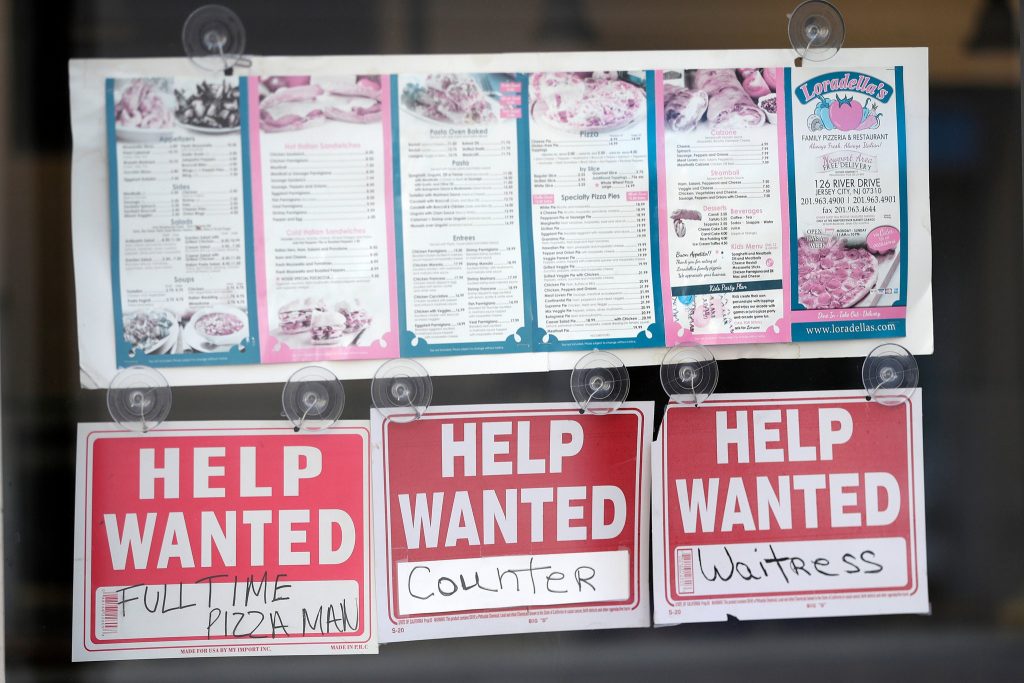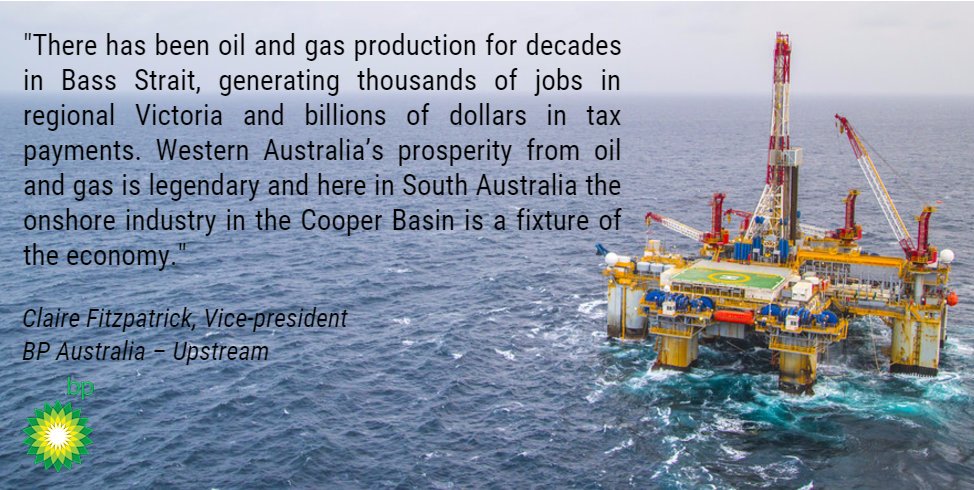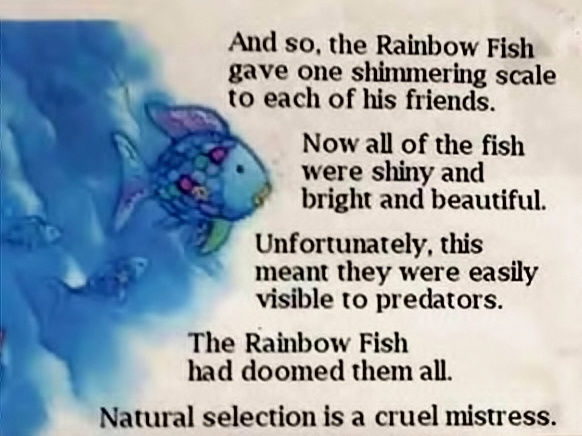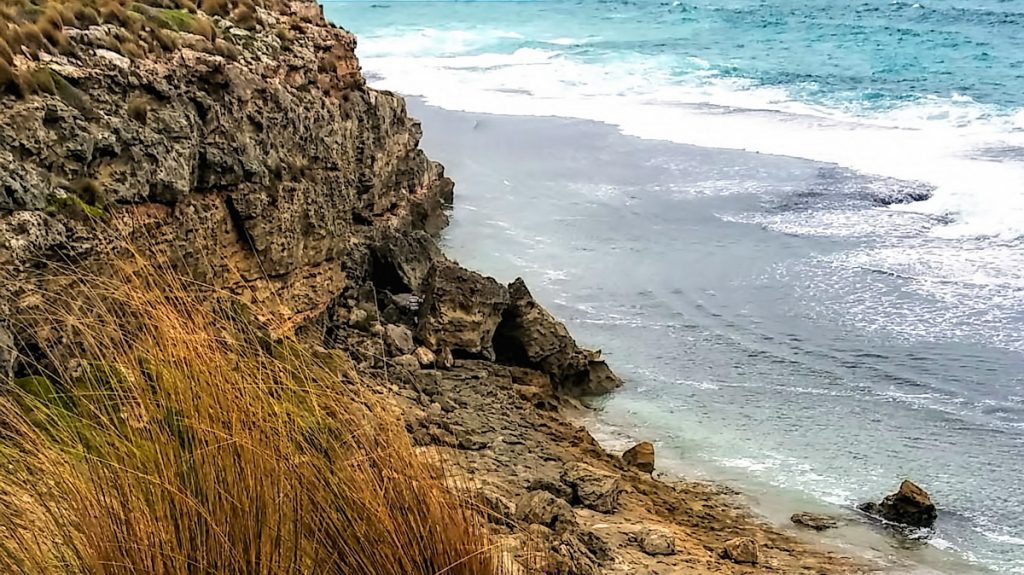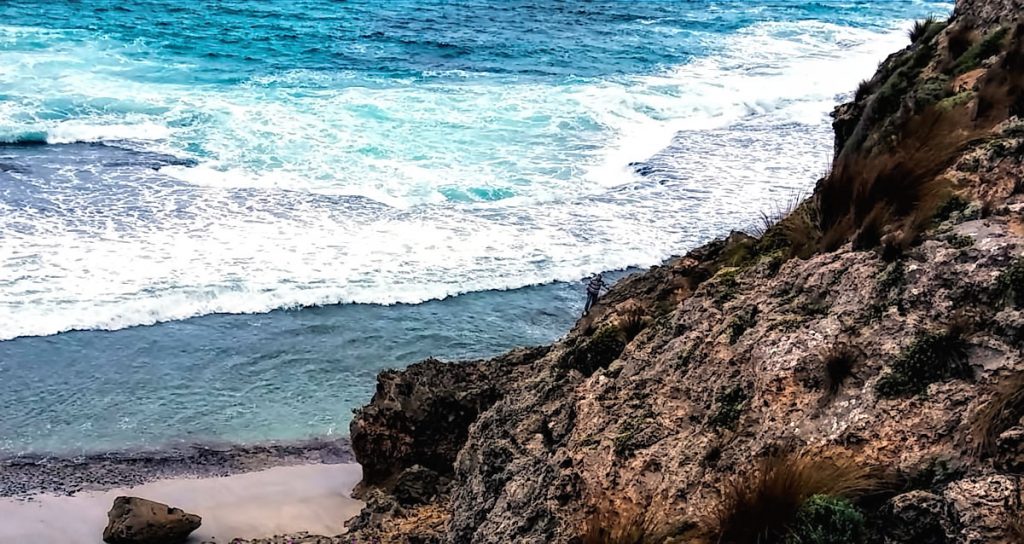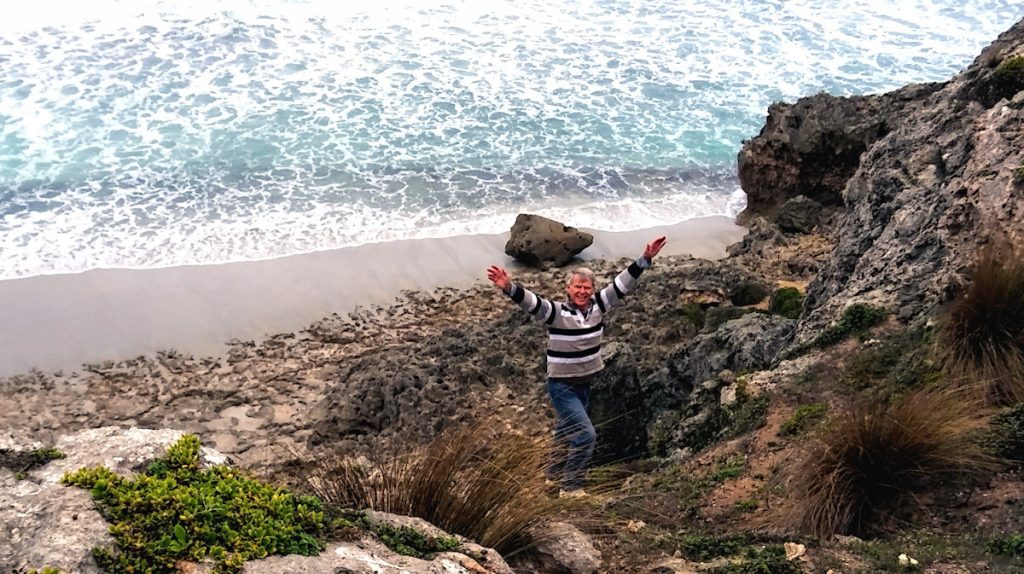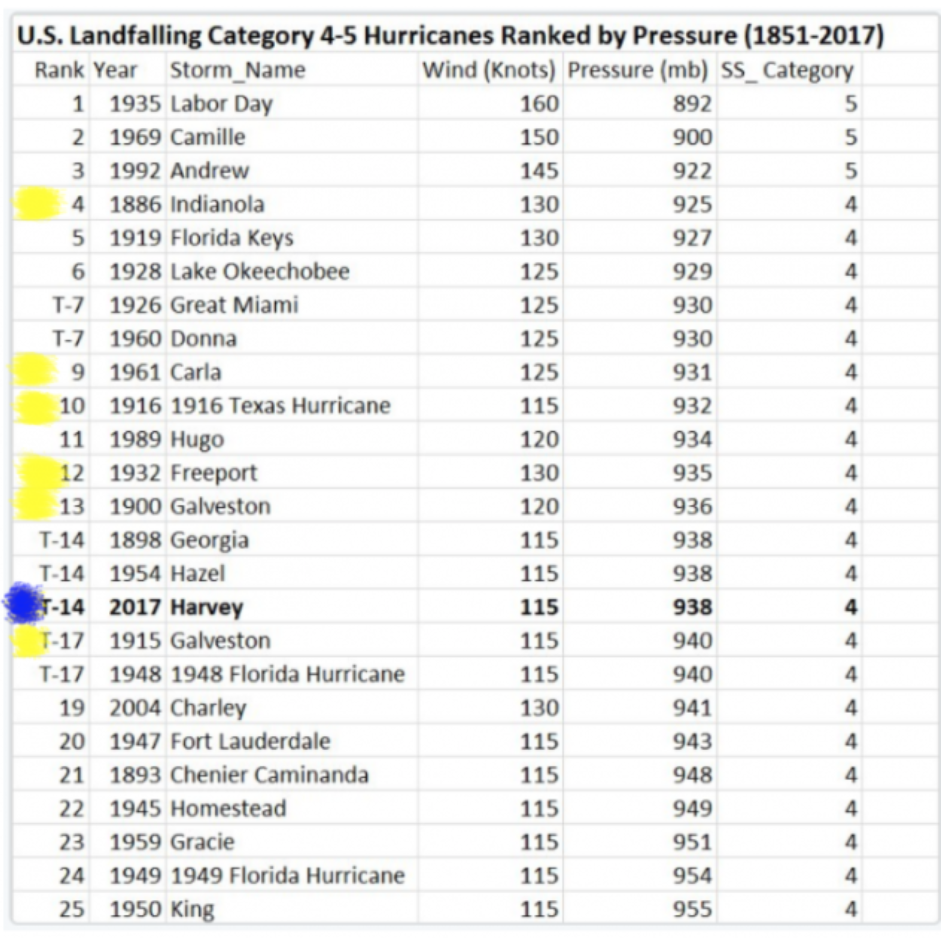In a case that hung entirely on circumstantial evidence and which saw the veracity of ancient recollections accepted by the bench, Archbishop Philip Wilson was found guilty of covering up sexual abuse by a fellow priest. If Wilson isn’t planning an appeal, he should.
A New South Wales court on Tuesday found Roman Catholic Archbishop of Adelaide Philip Wilson guilty of covering up sexual abuse of boys by a priest he knew forty years ago. It was alleged and accepted by the court he had been informed by two separate victims in the 1970s that parish priest James Fletcher had sexually assaulted them, and had failed to act on that information. At the time, Fr Wilson was a junior priest who shared a house with Fletcher. By failing to act at the time, and by failing to give evidence of the information he held at the time of Fletcher’s trial in 2004 and 2005, Wilson was found to have covered up Fletcher’s repeat sexual offences.
Magistrate Robert Stone said that he had been convinced by “the number of people who have complained, and weight and quality of these people” and that “The whole of the evidence as to sexual abuse from all families provides material that a person would believe.”
Indeed. No one doubts that Fletcher abused the complainants, or that he was a deceptive and selfish individual who betrayed his church and vulnerable people in his care, and who caused great harm to his victims. Anyone with a heart could not help but be saddened by the harm he did, and supportive of his victims, who were entirely right to feel betrayed and angry.
But that was not the question.
The question was, when was Fr Philip Wilson made aware of the abuse committed by James Fletcher against Peter Creigh? Creigh first told his family about the abuse he had suffered in 2009, more than thirty years after the abuse took place, five years after Fletcher’s trial for abuse of other boys at about the same time, and three years after Fletcher’s death. When asked why he not mentioned the abuse before, he asserted he told the priest who shared the house with Fletcher. That priest was Philip Wilson. When questioned later, a second victim, un-named at this stage, also claimed to have told Wilson about the abuse at the time it occurred in the mid-Seventies.
At this point it may be appropriate to note the vitriol directed at Archbishop Wilson because he said, again in response to questions, that he did not make assumptions about anyone’s guilt or innocence on the basis of accusations only, but preferred to wait until the matter had been proven in court. This is, of course, the position that any sensible person, including police, journalists, and the courts, should take. But Wilson has not only been abused for this in the popular media, but was also, bizarrely, reprimanded by the presiding Magistrate in his case. Reprimanded for taking a view which is exactly the objective and careful view a magistrate would take.
In 2009, Creigh told his family about the abuse. In 2010 he wrote to his local bishop. He and the bishop (not Wilson) then met, and the bishop subsequently wrote to Creigh outlining what support the diocese was able to offer. Two and half years later, in 2013, Creigh was interviewed by police, and alleged that he told Wilson about the abuse at the time. Another person known to Creigh was subsequently interviewed by police, and when questioned, made a similar claim. Since he was apprised of these claims in 2014, Archbishop’ Wilson’s position has been exactly the same: he insists he has no memory of those conversations ever having taken place.
What really happened? There are a number of possibilities.
First, the two boys, now men, have clear and accurate memories of conversations they had forty years ago with a priest whom they correctly identify as now-Archbishop Wilson. This is the position Magistrate Robert Stone says is proven.
At the other end of the scale, the two men are simply lying about having told Archbishop Wilson, possibly to get back at the church they believe failed them, or to enhance the size of any compensation payout they may receive.
Or they may not have told anyone at the time, but as they have gone over and over in their minds the events at that time, have genuinely come to believe they did do so. Or they may have told someone, but misidentified who that person was. Or they may genuinely remember having had conversations with a person who was indeed Fr Wilson, and later come to believe that they must have talked to him about the abuse that occurred around the same time.
Memory is a strange thing, and as cognitive psychologist Elizabeth Loftus has demonstrated, the merest word or question or suggestion can create “memories” which the person holding them absolutely believes are the accurate recall of real events.
So again, what really happened? Further, was the court’s faith in memory misplaced? As the Sydney Morning Herald noted in reporting the guilty verdict against Wilson:
It was a circumstantial case and the prosecution had to overcome a number of significant hurdles in their bid to prove Archbishop Wilson concealed the sexual abuse allegations against Father Fletcher.
Not only did Crown prosecutor Gareth Harrison have to prove that Mr Creigh told Archbishop Wilson about the sexual abuse in 1976, but that Archbishop Wilson remembered it and had a belief that the allegations were true between 2004 and 2006, after Fletcher had been charged with child sex offences and before his death in jail.
They also had to prove that Archbishop Wilson knew or believed he had information which might be of assistance in securing the prosecution of Fletcher for the sexual abuse offences against Mr Creigh.
While I have a passing acquaintance with Archbishop Wilson, and acknowledging that my view is subjective, it is my belief that had he known of the alleged offences, he would have brought them to the attention of his bishop and not hesitated to come forward to give evidence later when Fletcher went to trial. Someone who knows the complainants may take the view that they are people of courage and integrity, and that they would not have made the claims they have unless they were sure they were true. It is entirely possible for both of these things to be correct.
What is not possible, as I see it, is to reach the conclusion that one option is proven beyond reasonable doubt. Yet that is exactly the opinion reached by Magistrate Stone. Many will look upon his decision not as an end in itself but as the basis for an appeal.
